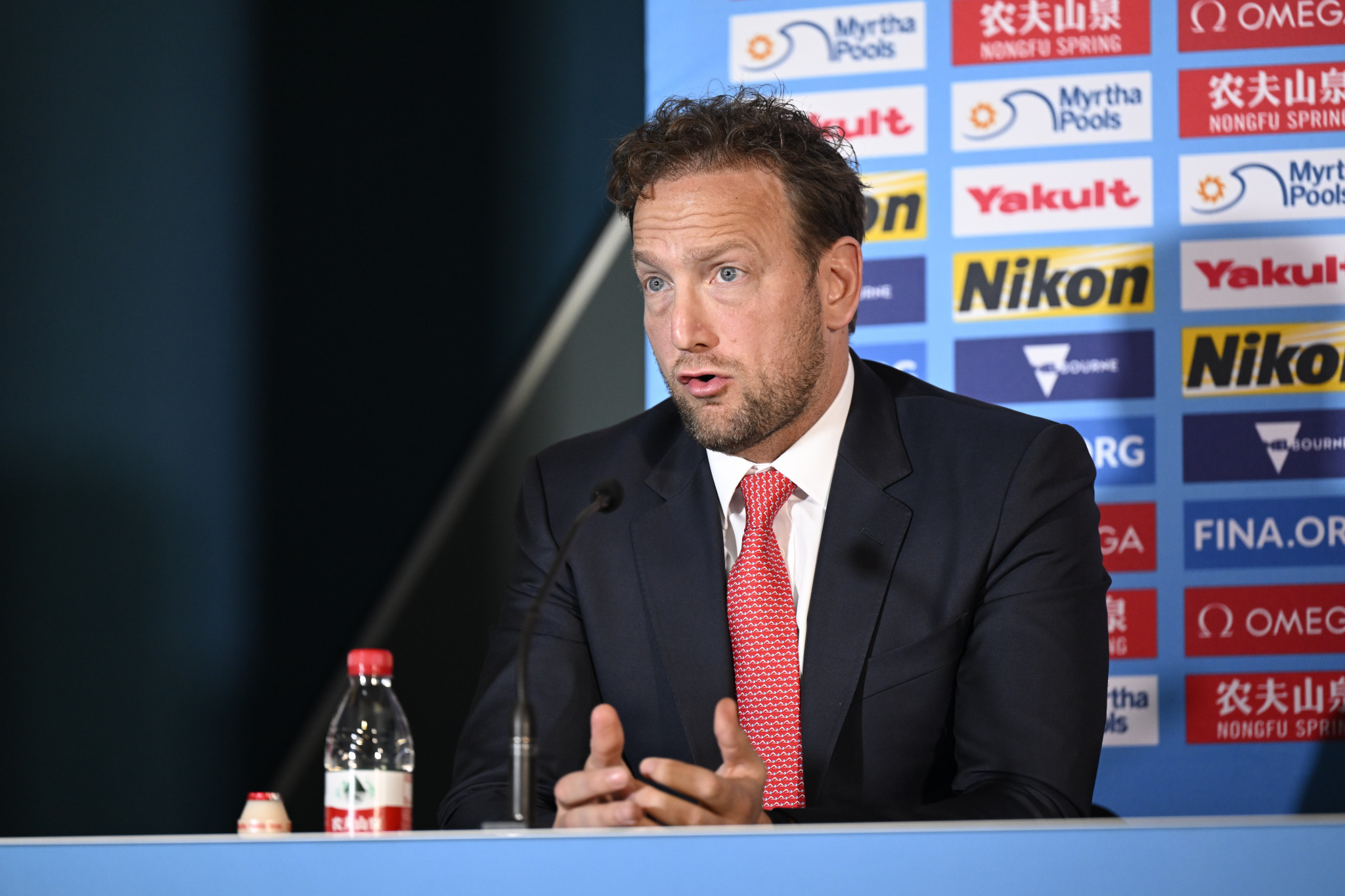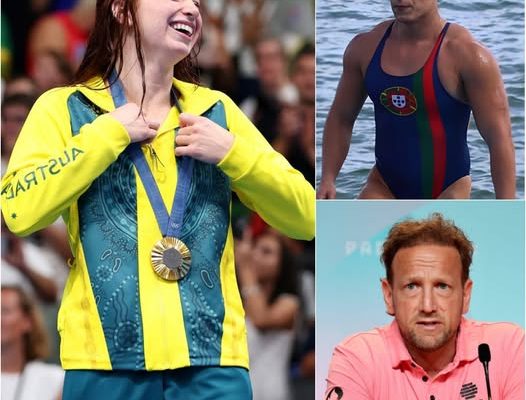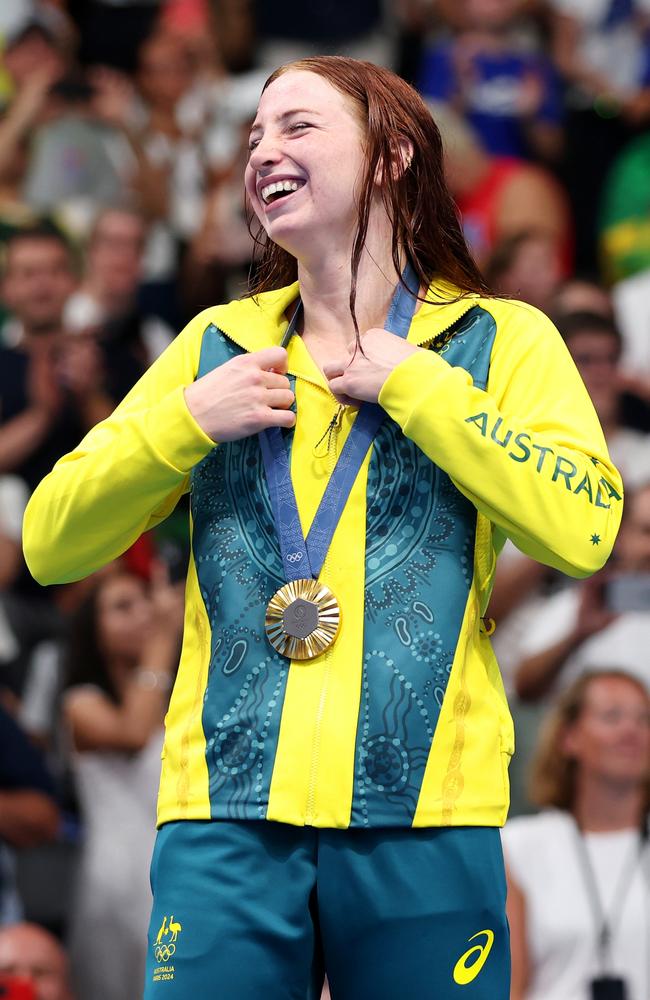FIRM, Declaring “I Am 100% a Woman” After Being Demanded by Young Star Mollie O’Callaghan from Australia for a Gender Verification Test — This sparked a debate over World Aquatics’ LACK OF CLARITY in handling such issues. Immediately, World Aquatics CEO Brent Nowicki issued a 10-word ultimatum that left fans in shock!
The controversy began when Hannah Caldas, a transgender athlete, refused to undergo a gender verification test requested by Mollie O’Callaghan, the young rising star from Australia. O’Callaghan, who has been vocal about the fairness of women’s sports, demanded the test as a way to ensure that all female competitors meet the criteria for the women’s category. Caldas, however, strongly rejected this call, stating, “I won’t prove who I am to a little girl who is gender-biased!”
Caldas further asserted that she was “100% a woman”, standing firm in her identity as a transgender woman. Her defiant stance quickly sparked a heated debate on social media and among fans, with many defending her right to compete while others expressed concerns about fairness and the integrity of women’s sports. The situation intensified when it was revealed that World Aquatics, the governing body of international swimming, had not issued a clear stance on how to handle such matters.
In response to the growing controversy, World Aquatics CEO Brent Nowicki made a strong statement in defense of the organization’s policies. “Our rules are clear: transgender athletes are not allowed to participate in women’s events without undergoing gender verification testing,” Nowicki declared in a 10-word ultimatum that shocked both supporters and critics. His response reiterated that World Aquatics was committed to upholding its policies on gender in sports, which require all athletes to prove their gender through medical testing before being allowed to compete in women’s events.

Nowicki’s statement immediately stirred up more debate, with critics questioning the fairness of such policies, especially in light of growing awareness and support for transgender rights in sports. Many supporters of transgender athletes argued that World Aquatics’ policy was outdated and failed to take into account the complexities of gender identity and the progress made in inclusivity.
The response from Caldas was swift and resolute. She remained firm in her belief that transgender athletes should not have to undergo invasive procedures to prove their gender. In a follow-up statement, she said, “I will not be silenced or made to prove anything about my identity. I am a woman, and that is enough.”
This ongoing conflict has ignited a broader conversation about the future of transgender athletes in competitive sports, particularly in swimming. Supporters of Caldas and other transgender athletes have called for World Aquatics to update its policies to reflect the growing understanding of gender and inclusivity. They argue that excluding or requiring invasive testing for transgender athletes undermines the values of fairness and equality that sports should promote.

Meanwhile, opponents of Caldas’ participation in women’s events have emphasized the importance of maintaining the integrity of women’s sports and ensuring that biological females are not at a disadvantage. They argue that the issue of fairness in sports should take precedence over inclusivity, especially in competitive categories where physical differences between genders can play a significant role.
As the debate continues, the future of transgender athletes in sports remains uncertain. The recent conflict between Hannah Caldas and Mollie O’Callaghan, coupled with the firm stance taken by World Aquatics CEO Brent Nowicki, has raised critical questions about the role of governing bodies in regulating gender in sports. It also highlights the challenges faced by athletes who don’t fit traditional gender norms, as they navigate a world where the rules of competition are still evolving.
For now, both sides of the debate continue to present their arguments, and it remains to be seen how World Aquatics and other governing bodies will adapt to the growing demand for inclusivity and fairness in sports. Whatever the outcome, the controversy has opened the door to more conversations about the future of gender and sport, with many hoping for a solution that respects both fairness and the dignity of all athletes.


